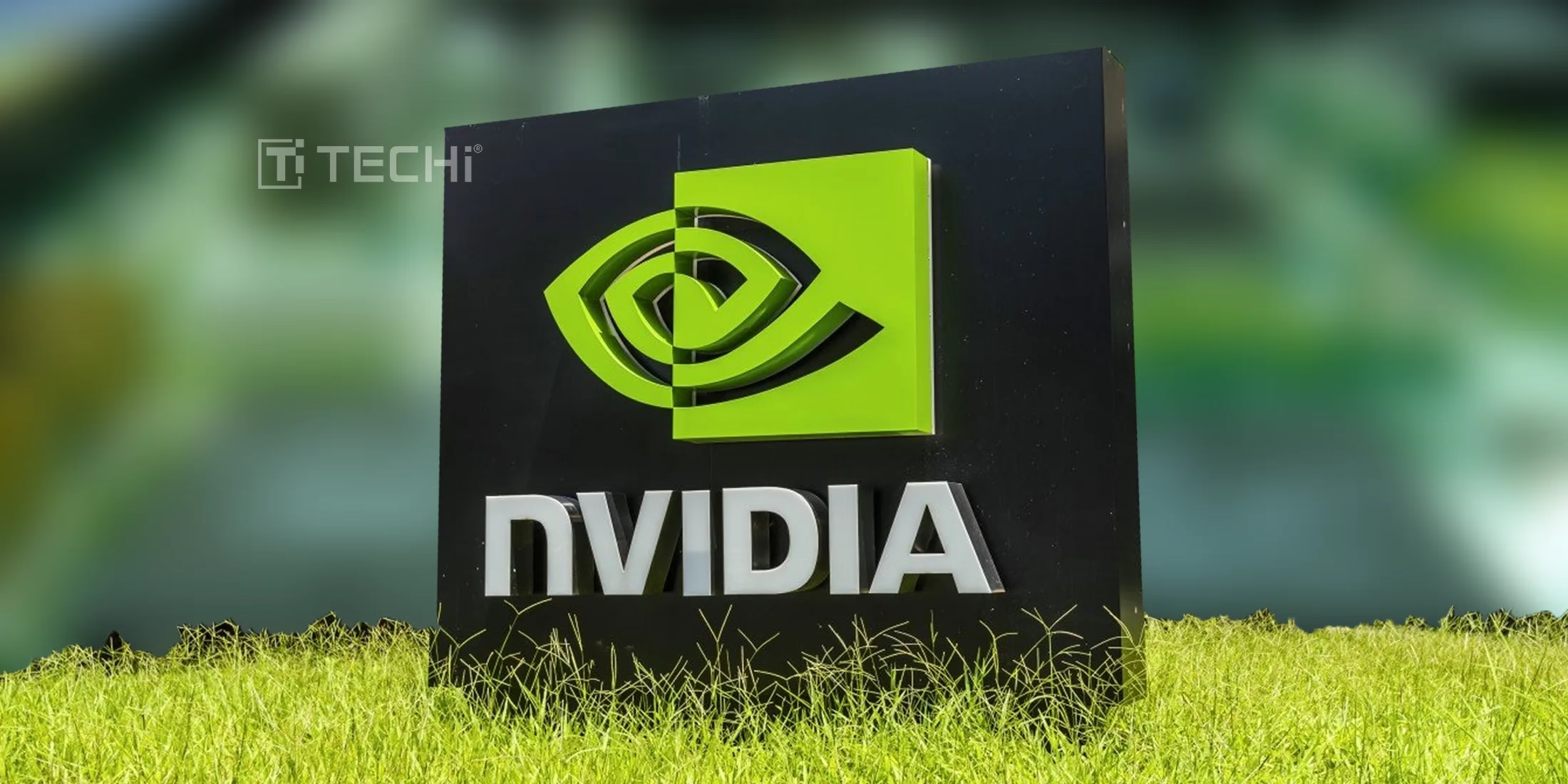After landing chip production deals with Apple and Tesla, Samsung has reportedly signed a new contract with Hyundai Motor Company to manufacture semiconductor chips for its upcoming vehicles, marking another major milestone for the South Korean tech giant.
According to a report by ZDNet Korea, Samsung Foundry has been selected to produce 8nm autonomous driving chips for Hyundai. The chip, designed in-house by Hyundai, is expected to complete development by 2028, with mass production planned for 2030.
Although previous reports suggested that Samsung would manufacture 5nm chips for Hyundai’s advanced driver-assistance systems, that project has been delayed until next year. The newly confirmed 8nm chips will primarily power premium models, particularly under Hyundai’s luxury sub-brand Genesis.
Hyundai reportedly chose the 8nm process for its cost-efficiency and competitive performance, comparable to 5nm technology. These chips will eventually be used across vehicles from Genesis, Hyundai, and Kia, while the 5nm chips will be reserved for high-end models.
The deal represents a significant boost for Samsung Foundry, which has been working to regain market share from Taiwan’s TSMC after losing major clients such as Nvidia and Qualcomm in recent years.
As part of its broader strategy, Samsung aims to attract new clients for its next-generation 2nm process and has already sent a sample chip to Qualcomm. If successful, this chip — reportedly a version of the Snapdragon 8 Elite Gen 5 — could enter mass production next year for use in upcoming Galaxy smartphones.
Beyond smartphones, Samsung is diversifying its semiconductor portfolio by securing orders from AI chip developers like Preferred Networks (PFN), Rebellions, and Tenstorrent, as well as automotive companies such as Hyundai, Tesla, and Valens Semiconductor.
The Hyundai partnership underscores Samsung’s growing push into the automotive semiconductor sector, a rapidly expanding market driven by the rise of electric and autonomous vehicles.



